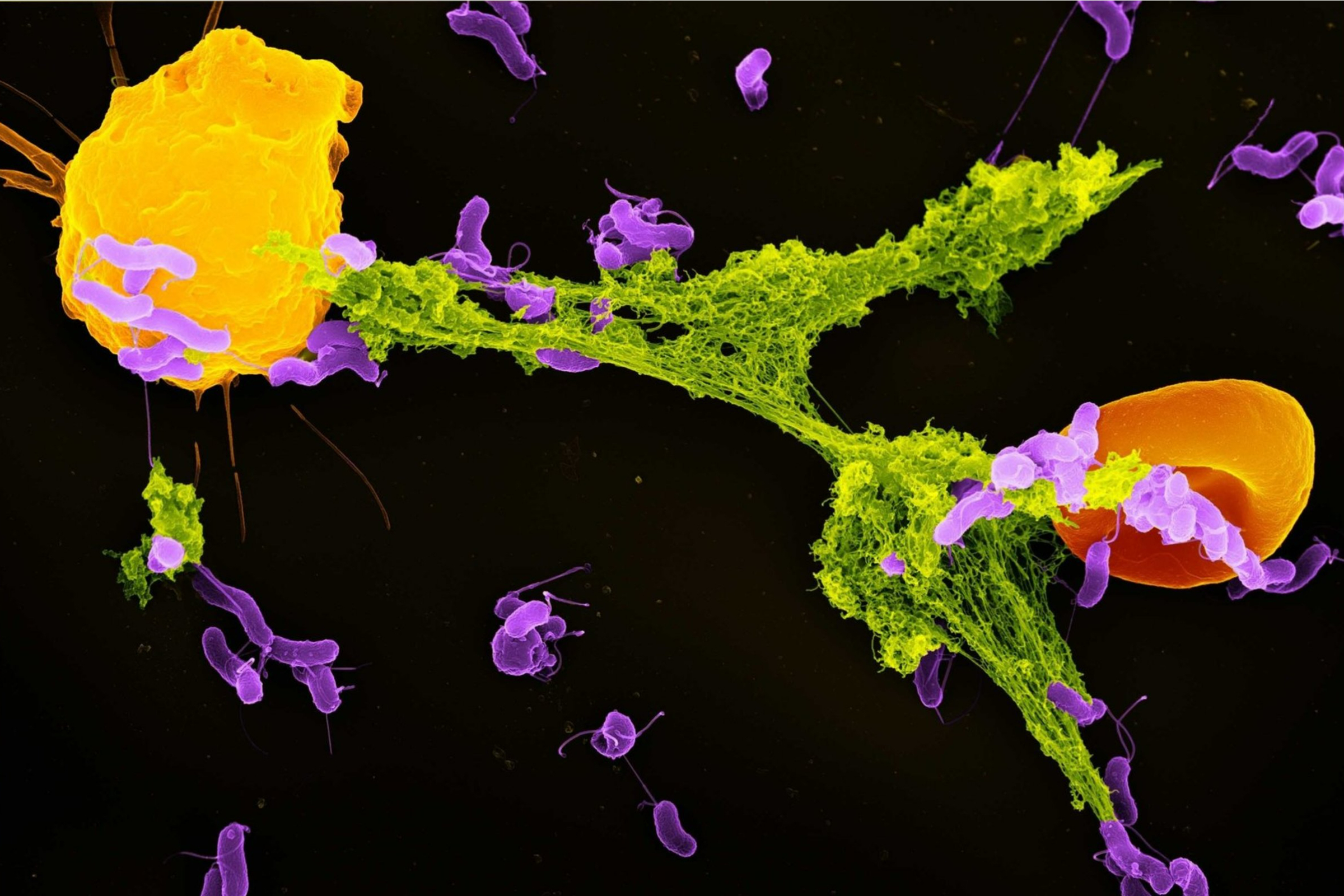A groundbreaking study from Neutrolis suggests that a newly identified enzyme capable of breaking down neutrophil extracellular traps (NETs) may provide an innovative approach to combat autoimmune diseases. The early findings indicate that this enzyme could play a significant role in modulating the immune response, potentially offering relief to millions affected by autoimmune disorders.
Neutrophils, a type of white blood cell, are crucial components of the immune system, serving as the body’s first line of defense against infections. These cells exhibit a unique mechanism whereby they expel their DNA to form NETs, which ensnare and neutralize pathogens. While this process is vital for fighting infections, excessive NET formation can contribute to inflammation and tissue damage, exacerbating conditions such as lupus and rheumatoid arthritis.
Preliminary research indicates that the enzyme developed by Neutrolis effectively dismantles these NETs, thereby reducing their harmful effects. Dr. Emily Carter, lead researcher at Neutrolis, stated, “Our initial data is promising. By targeting NETs, we may be able to alleviate some of the debilitating symptoms associated with autoimmune diseases.”
Potential Impact on Autoimmune Disease Treatment
Autoimmune diseases affect an estimated 300 million people worldwide, with symptoms ranging from mild discomfort to severe disability. Current treatments often focus on suppressing the immune system, which can leave patients vulnerable to infections. The enzyme’s ability to specifically target NETs could represent a major shift in treatment strategies, offering a more targeted approach with fewer side effects.
The research, which is at an early stage, involved in vitro studies using human cells. The next step will be to conduct clinical trials to assess the enzyme’s safety and efficacy in human subjects. Neutrolis plans to initiate these trials in 2024, pending regulatory approvals.
In a statement, Dr. Carter emphasized the importance of continued research: “We are committed to exploring how this enzyme can be safely integrated into treatment plans for those suffering from autoimmune conditions. Our goal is to provide patients with a new avenue for managing their health.”
Next Steps and Future Research
The findings from Neutrolis are part of a growing body of research focused on the role of NETs in autoimmune diseases. Previous studies have suggested that excessive NET formation can lead to chronic inflammation, which is a hallmark of many autoimmune disorders. By targeting the underlying mechanisms of this process, researchers hope to develop therapies that not only alleviate symptoms but also address the root causes of these diseases.
As Neutrolis prepares for the upcoming clinical trials, the scientific community is closely monitoring these developments. The success of this enzyme could pave the way for new treatments that significantly improve the quality of life for individuals living with autoimmune diseases.
In conclusion, while further research is needed to fully understand the implications of this enzyme, the initial results are a hopeful indication of a potential breakthrough in the treatment of autoimmune disorders, offering new hope to millions worldwide.







